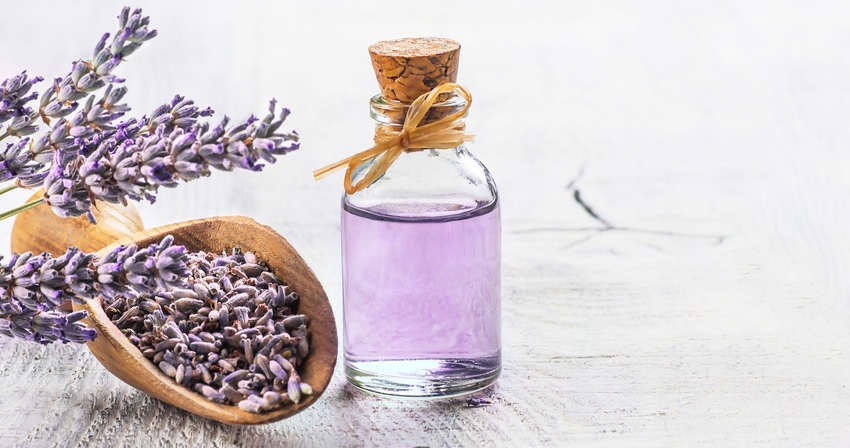High prices for lavender oil lead to report on adulteration risks
Quality control personnel in the supplements industry can find the right approach to their needs in the BAPP report.

The high price of lavender oil has made economically motivated adulteration common in the market, asserts the Botanical Adulterants Prevention Program. The group just published a lab guidance document to help companies navigate what can be a sketchy market for those looking to source the ingredient.
English lavender (Lavandula angustifolia), also known as common lavender, is the feedstock for lavender essential oil, which is a cosmetics and fragrance ingredient as well as being popular for use in diffusers as aromatherapy.
The oil is made from steam distillation of flowering tops of the plant. As this method produces very small quantities of the oil compared to the mass of feedstock required, the price is inherently high.
Adulteration common
Lavender oil, according to BAPP, sells for between $75 to $100 per liter wholesale. That price point has made economically motivated adulteration almost inevitable.
BAPP is a cooperative venture between the American Botanical Council (ABC), the American Herbal Pharmacopoeia (AHP) and the National Center for Natural Products Research (NCNPR) at the University of Mississippi.
In 2020 BAPP published a bulletin on lavender essential oil that said that as much as 90% of the products on the market at that time could be considered to be adulterated in some way.
This includes substitution of oil with other related but lower cost species. Other methods of adulteration include cheaper oils of other species, or using fractionated distillation, which could extract other constituents of the plant that are rich in linalool, used as a marker compound.
Additions of synthetic linalool or linalyl acetate as well as other oils used to dilute the final product have also been reported, BAPP maintains.
Many adulterants mean many methods of identification
BAPP director Stefan Gafner, Ph.D., who is also ABC’s chief science officer, said the adulteration of lavender essential oil is multifaceted. Some ways are crude, while others can be quite sophisticated, making a guidance on how to detect them useful.
“Some of the methods of lavender oil adulteration are easy to detect. For example, vegetable oils or compounds known as glycols leave a liquid residue when a drop of oil is placed on filter paper, while essential oils evaporate,” Gafner said.
“On the other hand, some types of adulteration are difficult to determine because fraudsters have found ways to produce materials that resemble English lavender oil very closely. The new BAPP LGD provides an overview of the available laboratory analytical methods and their strengths and limitations, so quality control personnel in various industries can readily find the right approach for their needs,” he added.
The new LGD was written by Oleksandr Shulha, Ph.D., an expert in natural products chemistry and analysis based in Cherkasy, Ukraine. It provides an evaluation of macroscopic and microscopic features for English lavender flowers, and 48 other analytical methods, including 17 gas chromatography and seven infrared spectroscopy methods, with respect to their suitability to properly determine the identity of lavender essential oil. The LGD was peer reviewed by 16 experts in quality control of medicinal plants from academia and the herb industry in the United States and internationally.
The lavender essential oil LGD is the 16th LGD and the 83rd peer-reviewed publication published by BAPP since its first publication in 2011. As with all BAPP publications, the English lavender essential oil LGD is freely available the BAPP website (registration required).
About the Author(s)
You May Also Like






.png?width=800&auto=webp&quality=80&disable=upscale)